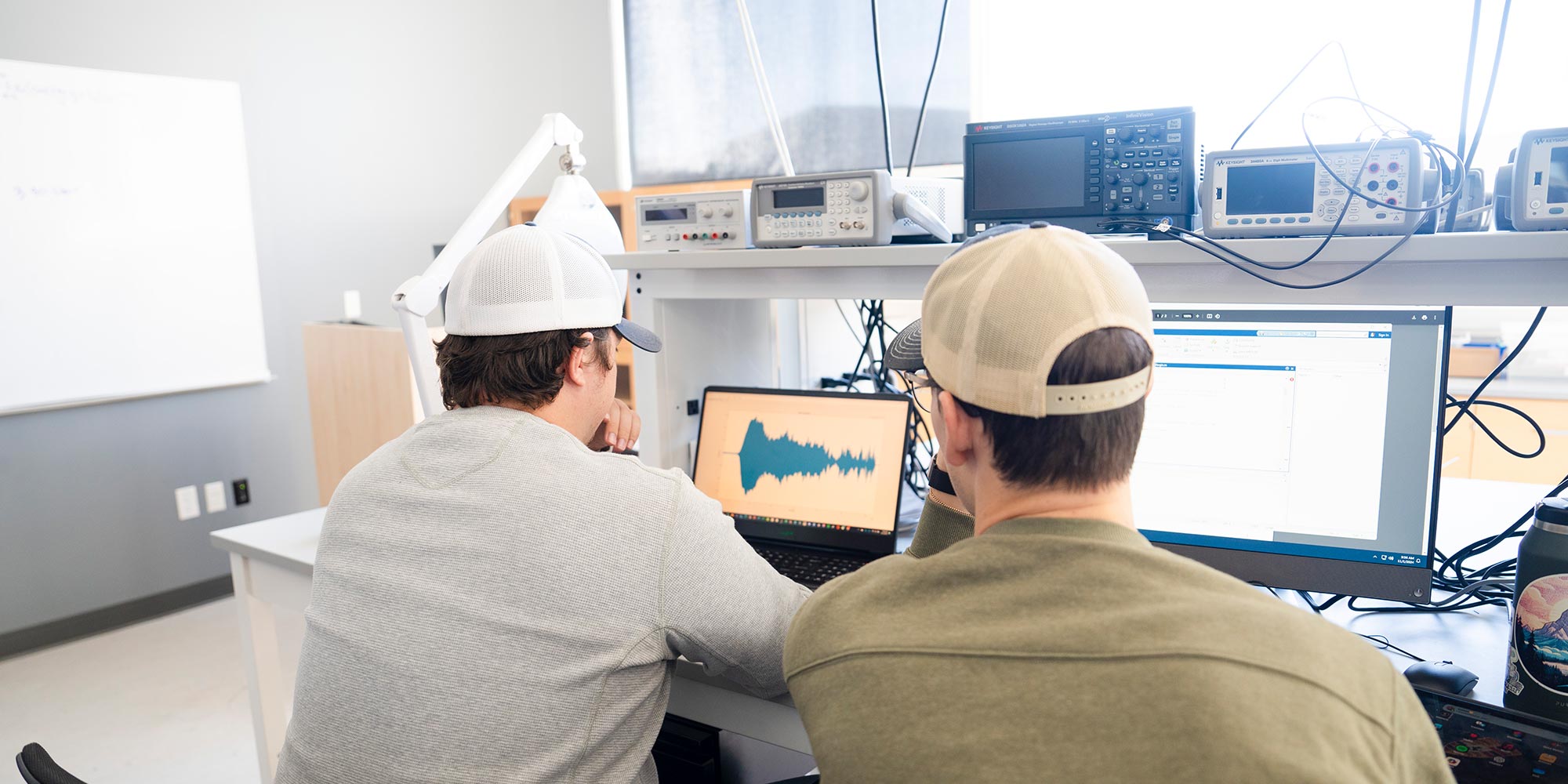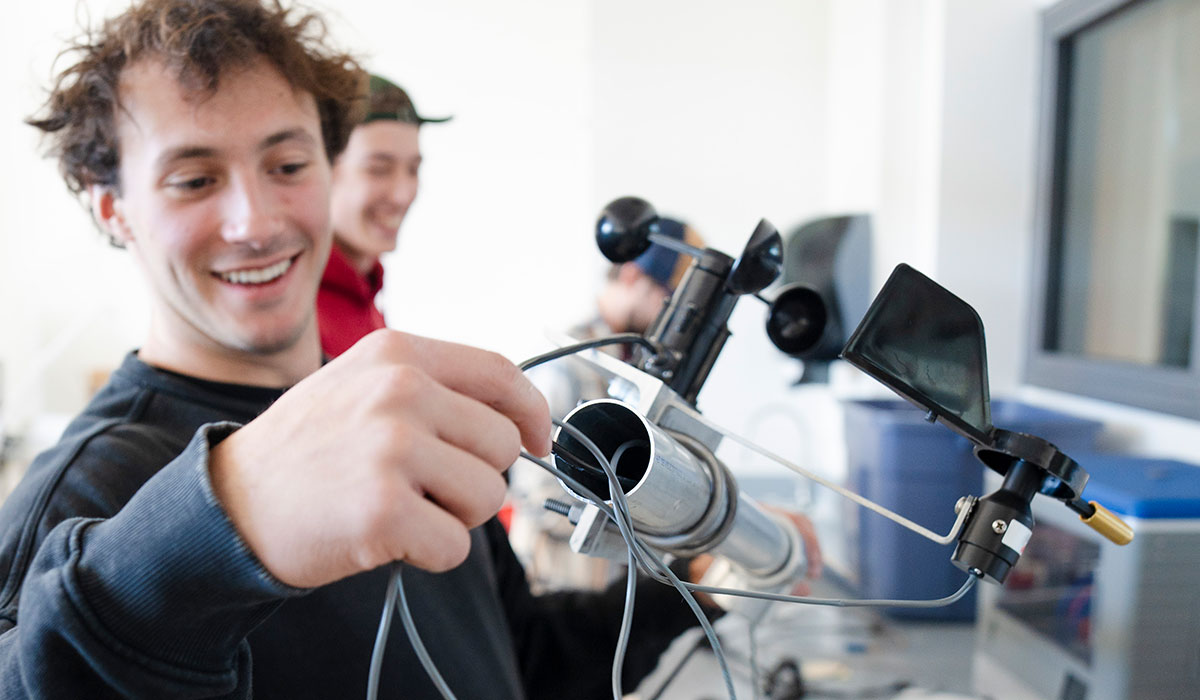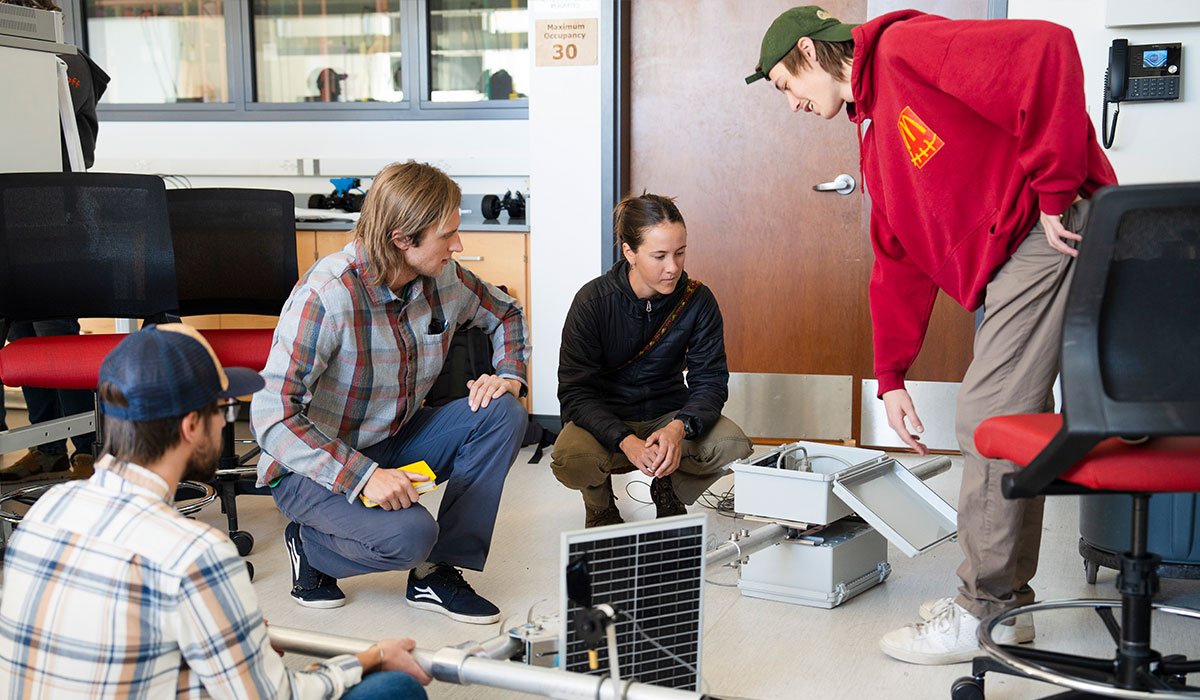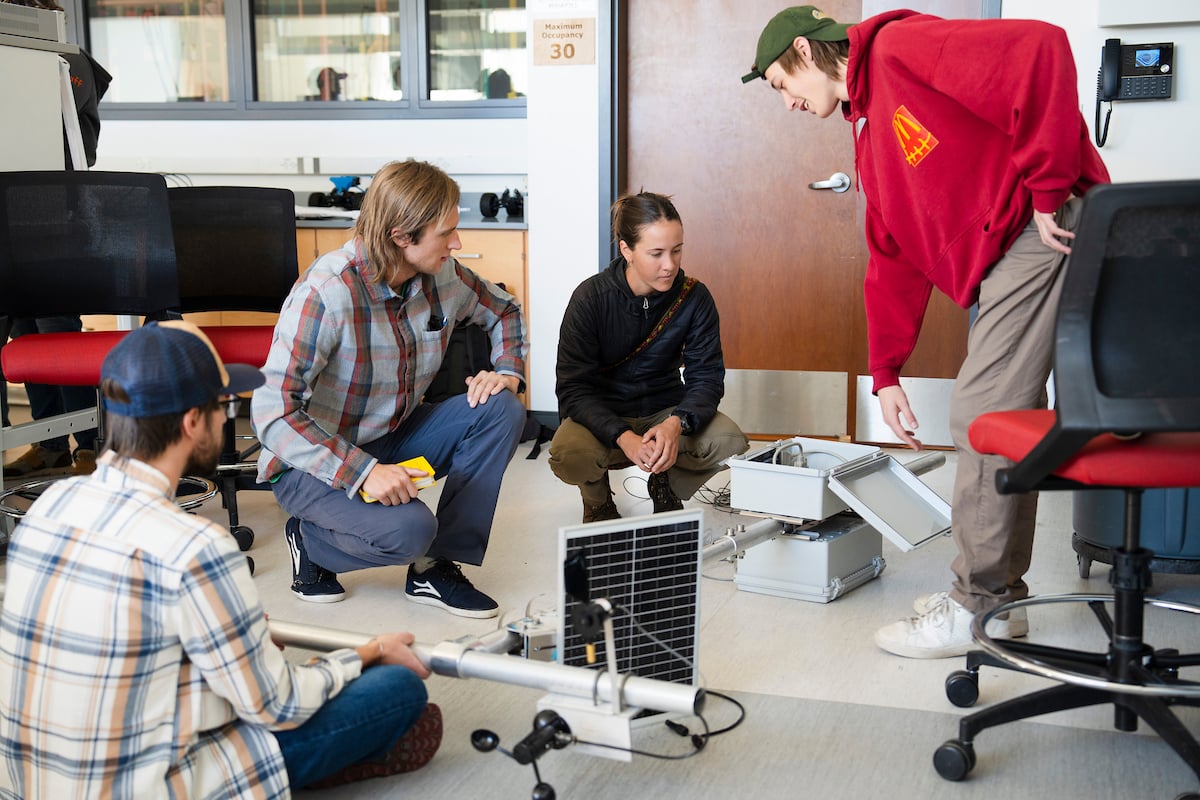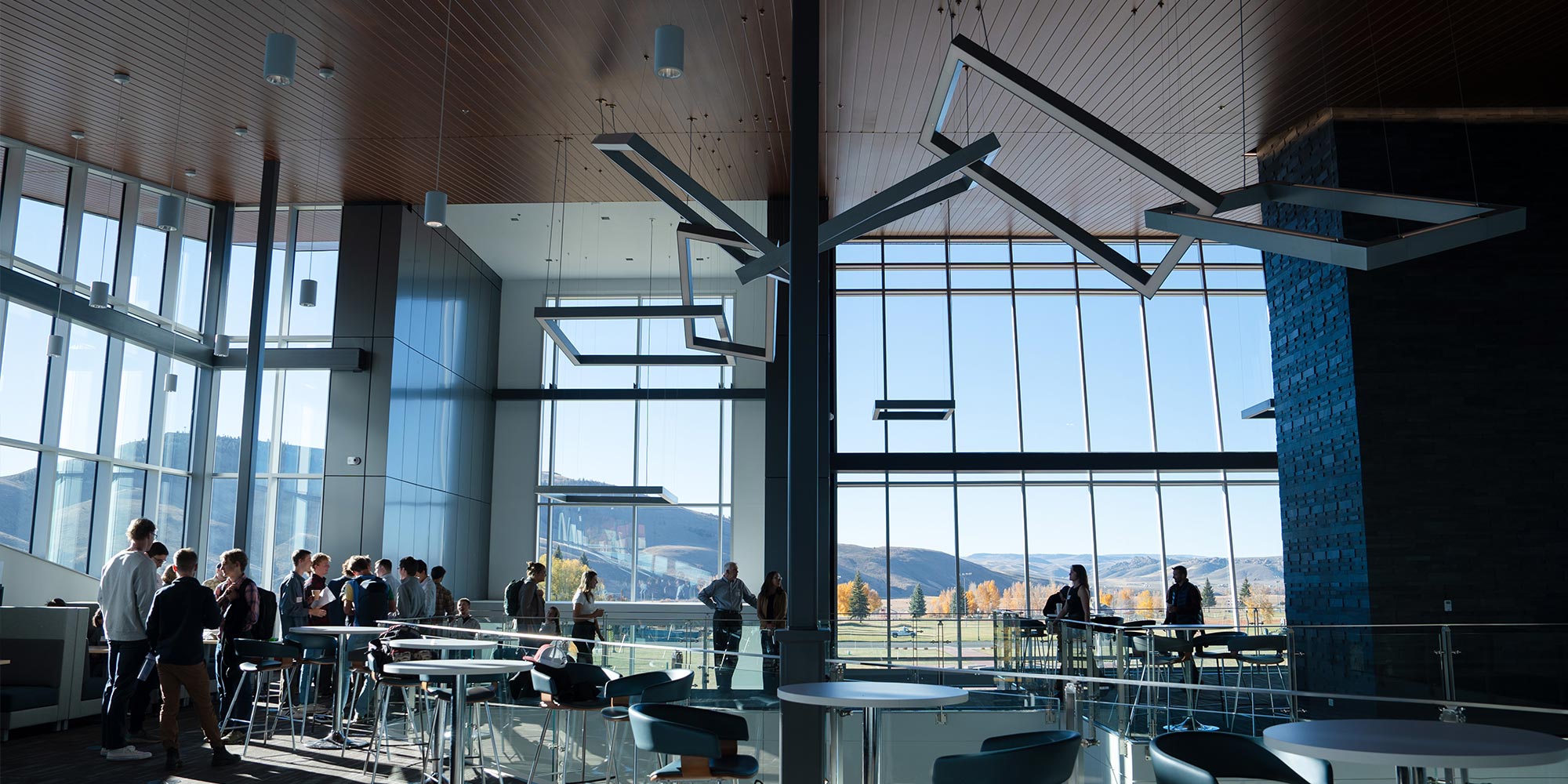Collaborate with the Rocky Mountain Biological Laboratory on environmental projects.
As part of the Western-CU Boulder Engineering Partnership Program, you can collaborate with the Rocky Mountain Biological Laboratory (RMBL) on cutting-edge environmental research. Gain hands-on experience in drone technology, AI, and remote sensing with the RMBL Snow Coverage Tool, which tracks snowmelt patterns using aerial imagery. Or work on the RMBL Sensor Suite, designing and testing sensors that measure UV and infrared radiation for climate studies. These real-world projects allow you to apply engineering skills to environmental challenges, preparing you for careers in technology, research, and sustainability.
